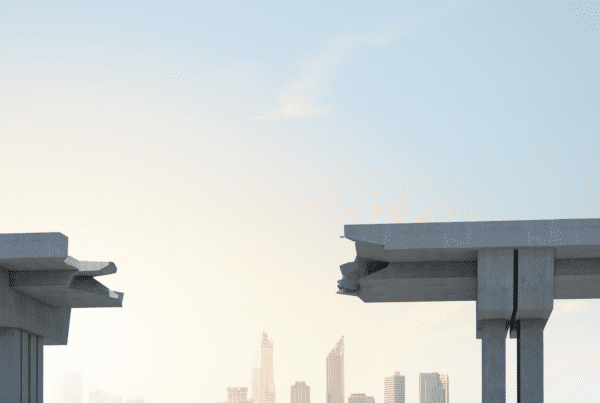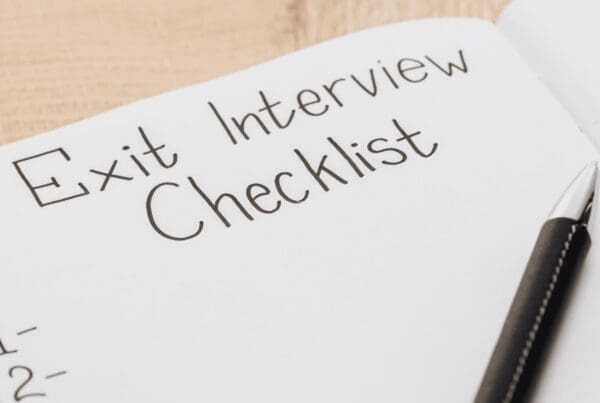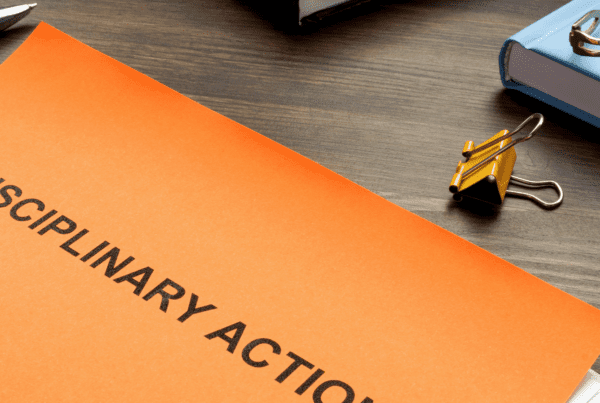No interview is the same and each will depend on the business, the interviewer and the role being interviewed for, but the more prepared you are, the more confident you will feel and appear.
At Bond Williams, we aim to provide our candidates with as much valuable information and practical advice as possible that is relevant for the role you are applying for.
However, the following advice can generally be applied to any interview situation.
How can you prepare before an interview?
As the saying goes, if you fail to plan, you plan to fail. It’s surprising how many people go for interviews without reminding themselves of the role they have applied for, the skills required or know anything about the company they are applying to.
You only ever get one chance to make a first impression, so prior to the interview, make sure you follow these helpful tips.
- Familiarise yourself with your application and job specification – You were offered an interview based on the experience and skills conveyed in your CV and covering letter, so remind yourself what you said.
- Research – Make sure you conduct some background research on the company, what they do, what industry they are in, who their competitors are and its people, especially those who are interviewing you. Company websites, search engines, your network and even social media are excellent sources of information.
- Re-read the job description and refamiliarise yourself with the role you have applied for, highlight the skills or experience you have that has been outlined in the job description.
- Think about some Question you may be asked and what responses you would give, think of the ways you can show how your skills are applicable for the role or are easily transferable, think about successes you have had or impacts you’ve made.
- The ‘STAR’ method is a good way to give explanations, explain the Situation, the Task, the Action and the Result.
- Role play your interview with a friend and practice the answers you have prepared.
- You could prepare examples of your work if applicable and take them with you if appropriate.
- Prepare some questions you’d like to ask, an interview it’s a two way street, what do you want to know about the company or the role? Training, responsibilities, who the role reports into, how will your performance be measured? etc
- Plan your interview route – Know where you are going and if possible, do a trial run to the interview location beforehand so you don’t get lost, you know how far it is, where to park, what bus to take etc.
- Prepare for on the day – Make a note of who you are seeing, so you know who you need to ask for. Take a few copies of your printed CV with you and a portfolio of work if applicable on the day.
- Plan your outfit and dress the part. If the role is office-based, don’t be afraid to look smart. If the job is of a manual nature, you could tone it down, but still ensure you present yourself professionally. Flipflops are rarely appropriate. If in doubt look at the company’s website, or how people are dressed when they are coming out of the building. It is better to be smarter, after all its their first impression of you.
- References – If you can have a list of the contact details of references you will be using, then if you are offered the role, it could really speed up the hiring process for you.
The interview
When the day finally arrives, try to put the nerves to one side and appear confident and friendly.
Here’s our handy tips for acing your interview
- Take a printed copy of your CV to have one to refer back to. In fact take a couple in case the interviewers do not have them to hand.
- Take a notepad and pen to make notes and have your prepared questions written in there or responses you want to remember to say.
- Don’t arrive too early, but certainly don’t be late and make sure you know where to park if you are driving, how far the walk is from the nearest bus or train station. You never know what may happen on the way to interview.
- Create a good first impression, look confident, maintain eye contact and start by asking for the right person ensuring you smile in the process. Everyone you meet from now on could have an input into your interview feedback.
- Give a good and firm handshake and make eye contact when you meet your interviewer or the person greeting you.
- Body language plays a big part during the interview. Be aware of how you sit during the interview, ensure you have good posture and don’t fold your arms. If you are nervous keep your hands on your lap under the table and try not to fidget. Try to maintain eye contact throughout.
- If there is more than one person present during the interview, which is often the case, ensure you respond to both parties when answering questions to show you can build relationships.
- Be Positive, be confident, be yourself and be enthusiastic. The client has taken the time out to read your CV and interview you so they are obviously interested in what you have to offer.
- Be honest in your responses, it’s easy to tell when someone is stretching the truth.
- Do not be negative about your past employers, it doesn’t sit well with interviewers, try and focus on the positives and what you learnt.
- When responding to questions support your answers with examples and previous experience, avoid answering just ‘yes’ or ‘no’ or using slang or abbreviated language.
- Listen and don’t be afraid to ask for something to be repeated if you don’t understand or need clarification.
- The interviewer is very likely to ask you why you are interested in the job, explain clearly and articulately why you are well suited and what skills you can bring to the position and that you are knowledgeable about the company.
Closing the Interview
At the end of the interview, you can thank them for their time and let them know if you are still interested in the role, ask when you can expect to hear from them or when they expect to make a decision and when are they looking for someone to start. You could also ask how many people they are interviewing and what the next stage will be if you are successful. Don’t forget to say goodbye to other members of the team if they were part of the interview or looked after you.
After the interview
If you went through us for an interview, please call your recruitment consultant as soon as you can after the interview. We’d like to know what you thought about the role and the company and how you thought it went and also if you are still interested in the role. We will also ask our clients for their feedback for your development and information as well. In addition, you may also have questions resulting from the interview that you have thought about since leaving, forgot to ask or didn’t feel it appropriate to ask, we can help with that too.
Ultimately, our aim is to secure a successful outcome for both parties and quickly, so two-way open communication is best.
Thank the Recruiter
If you went direct to a company, send a thank you email to the hirer or recruiter adding any information you had taken from the interview or further information you had thought of.
Wishing you every success in your next interview, let us know if our tips helped. Or if you have any great tips for others.





